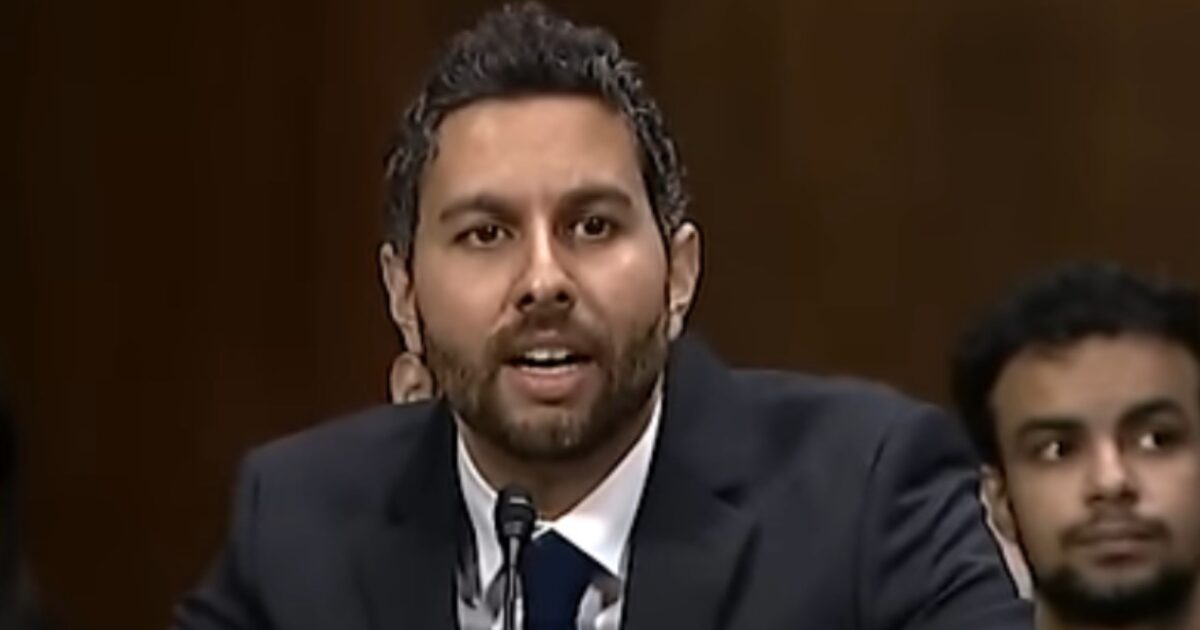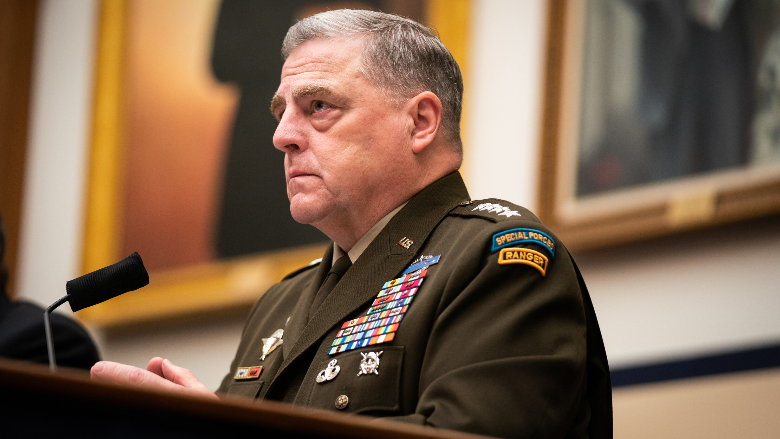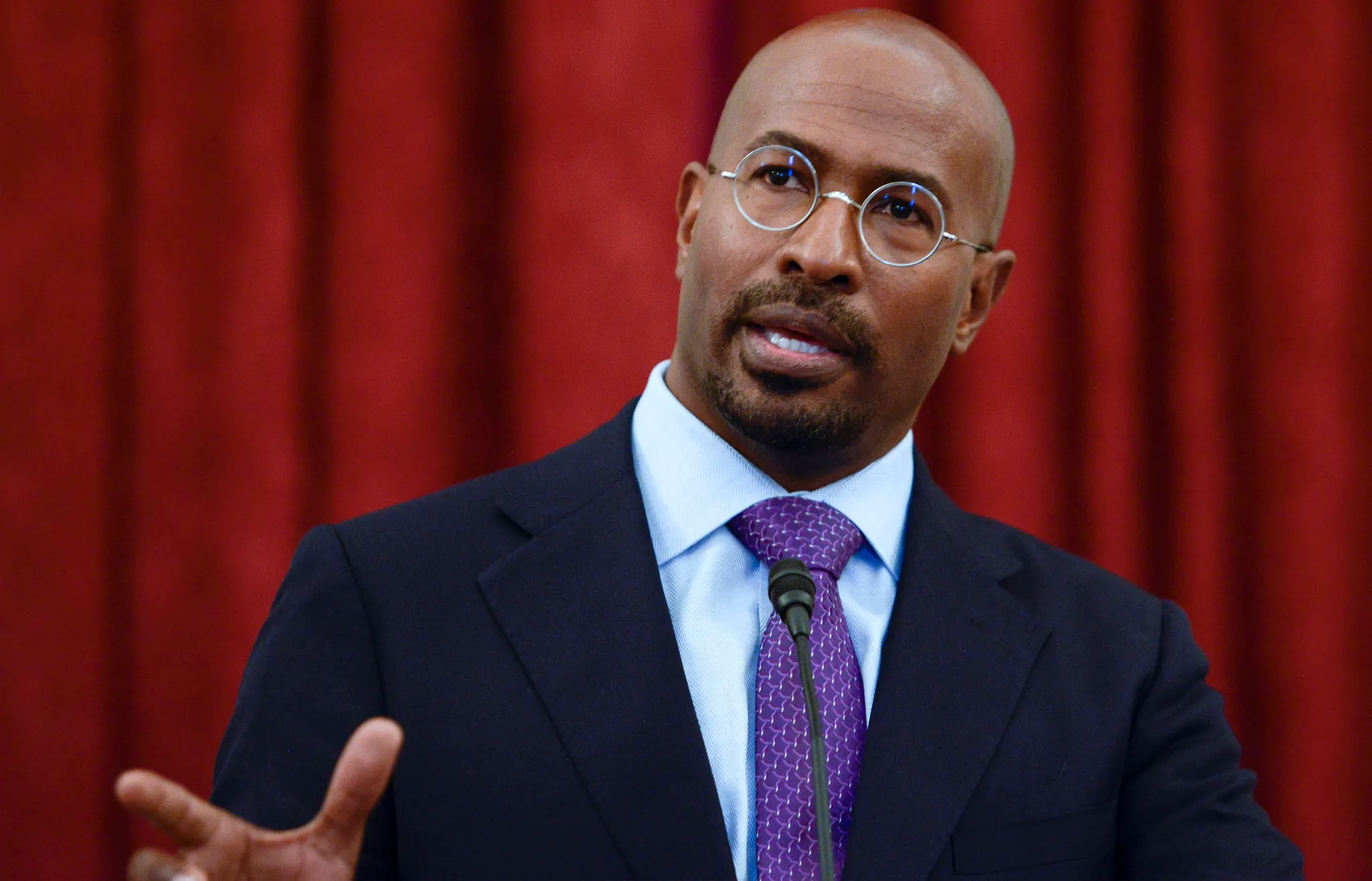A Biden-appointed judge has overstepped his boundaries by preventing former President Donald Trump from canceling foreign aid contracts—a decision that reeks of judicial activism and blatant political interference. The ruling undermines the authority of the executive branch, which has long held the power to manage foreign aid decisions in the interest of U.S. taxpayers and national priorities. Trump’s move to cancel these contracts was a necessary step toward putting America first, ensuring that foreign aid dollars are used judiciously and aligned with the nation’s interests. By blocking this action, the judge has effectively tied the hands of the executive branch, prioritizing globalist agendas over the will of the American people.
Critics argue that this ruling is yet another example of the judiciary encroaching on the rightful powers of the presidency. Foreign aid is a tool of diplomacy and national security, and decisions on how and where to allocate those funds should rest with elected leaders—not unelected judges with ideological biases. This overreach sets a dangerous precedent, where judicial interference could obstruct future efforts to hold foreign aid programs accountable. Trump’s supporters see this as part of a broader pattern in which liberal judges insert their political preferences into matters of policy, further fueling distrust in the judicial system.
This judge has issued a temporary block on former President Trump’s decision to cancel foreign aid contracts. Just a month ago, Trump froze U.S. foreign aid for a period of 90 days, a move that stirred significant discussion and controversy. Following this, Secretary of State Marco Rubio provided guidance to pause most foreign aid spending for three months.
Rubio announced that the State Department would consider waivers on a case-by-case basis, ensuring some flexibility in the policy. In response, various non-profit organizations took legal action to have their funding reinstated. U.S. District Judge Amir Ali, appointed by President Joe Biden, argued that Trump’s order caused substantial harm.
Judge Ali expressed concern over the lack of justification for a blanket suspension of congressionally approved foreign aid. He noted that the decision disrupted numerous agreements across businesses, nonprofits, and organizations nationwide. The judge’s 15-page order highlighted the widespread impact and questioned the rationale behind the freeze.
The decision mandates the Trump administration to restore funding for hundreds of foreign aid contractors. These contractors claimed to have faced severe setbacks due to the sudden 90-day halt initiated by Trump. The court ruling has temporarily stopped Secretary of State Marco Rubio and Budget Director Russell Vought from canceling contracts made after Trump’s inauguration.
The ruling challenges a significant part of Trump’s executive order, which aimed to freeze foreign aid for three months. The halt on Trump’s directive suggests that further litigation could reshape the foreign aid landscape. The administration’s halt drew criticism from various quarters concerned about the immediate and broader implications.
Fox News and Newsmax have reported on the ongoing developments, highlighting perspectives supporting the administration’s stance. Critics argue that the pause allows for a reevaluation of foreign aid priorities and spending efficiency. Nonetheless, Judge Ali’s decision emphasizes the legal obligations tied to congressionally approved funding.
The New York Post has noted that the administration’s intentions might align with broader policy goals. However, the sudden freeze without adequate explanation has led to legal challenges and widespread uncertainty. The court’s intervention underscores the complexity of balancing executive actions with legal and contractual commitments.
As the legal battles unfold, the decision has reverberated across multiple sectors that rely on foreign aid. The temporary block on the aid freeze signals potential shifts in how such contracts are managed in the future. The administration’s next steps will likely be closely watched by both supporters and detractors.
For now, the restoration of funding provides relief to those affected by the abrupt pause. The decision also raises questions about the implications of executive orders on established agreements. Observers from conservative circles have praised the scrutiny of foreign aid, aligning with long-held views on fiscal responsibility and national interest.
The broader political discourse continues to engage with the merits and drawbacks of foreign aid. As the situation develops, the focus remains on the balance between executive authority and legal constraints. The outcome of this case could have lasting effects on the administration’s approach to foreign aid and its broader policy agenda.



Another treasonous judge that should be sent to Guantanamo.
Bewildering as to why an unelected judge has more authority to make national or domestic decisions than the senate or the President and his staff to govern the affairs of the country.
Time to start raiding these corrupt judges homes at 2:00 am with armed guards with search warrants saying can use deadly force if necessary and find all the evidence of their corruption criminal crimes these judges will sign anything because they have no skin in the game and are all bought and paid for like a monkey grinder it’s time these corrupt judges learn the hard way you screw the pooch you get lite up in investigations. Judges are not above the law. Start arresting them like the criminals they are. democrats party is over we voted for Trump not some assholes judges trying to prevent the truth from coming out.
I think this juvenile wet behind the ears’ Canadian born judge was appointed in December by Dumbo (or BO) as he was heading, actually being led, out the door.